Effective communication across linguistic barriers is essential for international events to be successful in today’s globalized society. Selecting the right interpreting service provider such as Semantics can make the difference between a smooth, productive gathering and a confusing, frustrating experience. This blog will assist you in selecting an interpreting service that is tailored to your individual requirements.
Assess Your Interpreting Needs
It is crucial to know your interpretation needs before you begin the selection process. Take into account the following elements:
- Type of event (conference, business meeting, consultation with a doctor, etc.)
- The number of languages required
- Mode of interpretation (simultaneous, sequential, or whispered)
- The event’s duration
- The number of participants
- The equipment needed for simultaneous interpretation
By being aware of these factors, you can make sure that prospective service providers understand your demands and that you get accurate rates and suitable solutions.
Look for Expertise and Specialization
Different kinds of events require different kinds of knowledge. For example, translators having a strong background in medical terminology are required for medical conferences, and interpreters knowledgeable in legal jargon are needed for judicial proceedings.
While assessing interpreting service providers, look for organizations that have expert interpreters. For instance, Semantics has a global network of more than 5,000 native language specialists. They can match interpreters with specialized subject matter experience to the requirements of your event with their large talent pool. Take into account the variety of languages available as well. Semantics provides services in over 150 languages worldwide, demonstrating the kind of linguistic diversity that might be vital for global events.
Evaluate Quality Assurance Measures
The quality of interpretation can greatly impact your event’s success. So look for service suppliers who have implemented strict quality control procedures. They must have:
- Requirements for accreditation and qualifications for interpreters
- Programs for ongoing training and professional growth
- Mechanisms for evaluating and providing feedback on quality
- Industry certifications
For example, Semantics is certified to both ISO 9001 and ISO 27001 standards. The ISO 9001 standard for quality management systems denotes a dedication to continuously offering services that satisfy legal and client standards. On the other hand, ISO 27001 is a standard for information security management that is essential for preserving privacy in circumstances involving sensitive interpretation.
Consider Technical Capabilities
Technical proficiency is just as crucial as language abilities in the modern digital world. This is particularly true for occasions that call for remote or simultaneous interpretation services. When selecting a service supplier, inquire about:
- Headsets, booths, and other interpreting equipment
- Platforms and capacities for remote interpretation
- Assistance with technology during events
- Backup systems and contingency plans
Strong technical capabilities enable a provider to guarantee effective communication even in difficult circumstances or during intricate multilingual events.
Assess Customer Service and Support
Your experience with an interpreting service can be significantly impacted by the quality of customer service offered. Seek out interpreting service providers that offer:
- Clear and prompt communication
- Adaptability to last-minute changes
- Thorough project management
- After-event monitoring and gathering of comments
With their extensive global reach, providers like Semantics frequently possess the infrastructure necessary to provide round-the-clock support, which can be crucial for international events taking place in different time zones.
Choose Semantics for Unmatched Interpreting Services
Semantics, with its vast network of 5000+ native language specialists, variety of language services, and dedication to excellence demonstrated by its ISO certifications, represents the kind of comprehensive services capable of satisfying the demands of global events. Language barriers can be removed and meaningful communication can be facilitated with the help of our experts, regardless of the size of the conference—small business meetings or massive multinational conferences.
Remember that successful interpretation involves more than just the translation of words; it is about conveying ideas, feelings, and cultural nuances. Selecting a first-rate translating service is an investment in both the attendees’ happiness and the success of your event.


